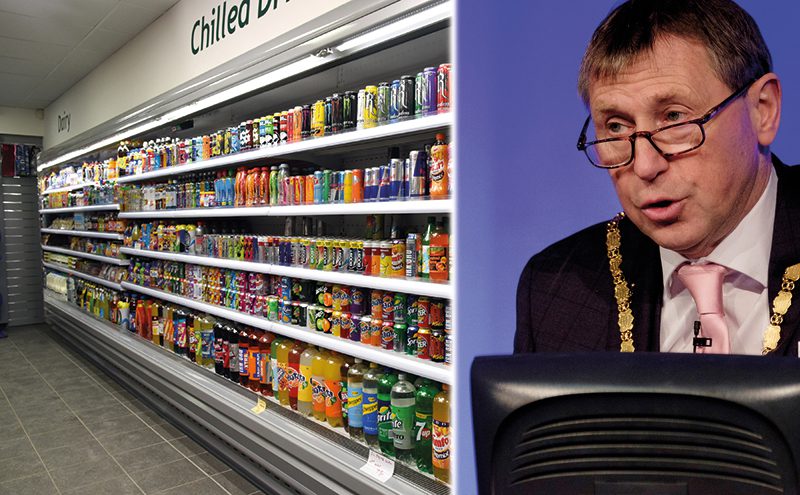The debate over a proposed deposit return scheme for Scotland has continued to rumble on over the past month, with trade associations now split over the best way to move forward.

While most retail organisations remain opposed to the introduction of DRS, the National Federation of Retail Newsagents (NFRN) has broken ranks, expressing support for the proposed scheme.
The NFRN policy change was voted on by delegates at the trade group’s Scottish conference held in Dundee in March.
Gail Winfield, newly-elected president of the NFRN in Scotland, said its members are “responsible retailers who want to play a role in protecting the environment”.
Despite supporting the scheme in principle, Winfield suggested the NFRN’s backing was not unconditional.
“While DRS is only one option available – and we do have concerns about the practicalities of operating such a scheme and around the potential impact of kerbside recycling – we consider it an important enough issue to create a working party comprising like-minded groups to ensure that any deposit refund scheme that is implemented in future allows independent retailers to fully play their part,” she said.
Commenting on the NFRN’s new stance, Dennis Williams, president of the Scottish Grocers Federation, said the organisation continues to oppose DRS.
“I think the whole crux of the matter is: where do you store this stuff?” he said.
“Say you had a vending machine outside your store, who is going to service it? It’s another burden on the business, we’ve got enough on our plates with auto-enrolment pensions, the rates revaluation, living wage, we’ve enough to be getting on with.”
The SGF president added that “nobody is against recycling”, and highlighted the work Scottish retailers are already carrying out in this area.
David Lonsdale, director of the Scottish Retail Consortium, said the SRC also continues to oppose DRS, and has been in dialogue with the Scottish Government on the issue.
In a briefing to MSPs, the SRC argued that while DRS has “nostalgic appeal”, the proposal is “only relevant to the past”.
The briefing to MSPs said a DRS scheme would be “bad for consumers” and “harm rather than assist measures to improve recycling”, while creating “enormous cost and disruption” for retailers.
A recent letter from the environment secretary, MSP Roseanna Cunningham to Holyrood’s environment committee on DRS showed some concern for the real world, practical implications of the scheme.
“In theory there is no reason why Scotland could not adopt deposit return as a preferred approach. It would, however, be a substantial undertaking with significant costs,” she said.
“It would involve complex work to change the packaging on multiple products, install return systems, create an administrator to manage the system, introduce enforcement, redesign remaining kerbside services and so forth. None of that is insurmountable, but we should not overlook the scale of the action required.
“What is clear is that the scale of the work involved in introducing a deposit return scheme would not be a trivial matter.”


















